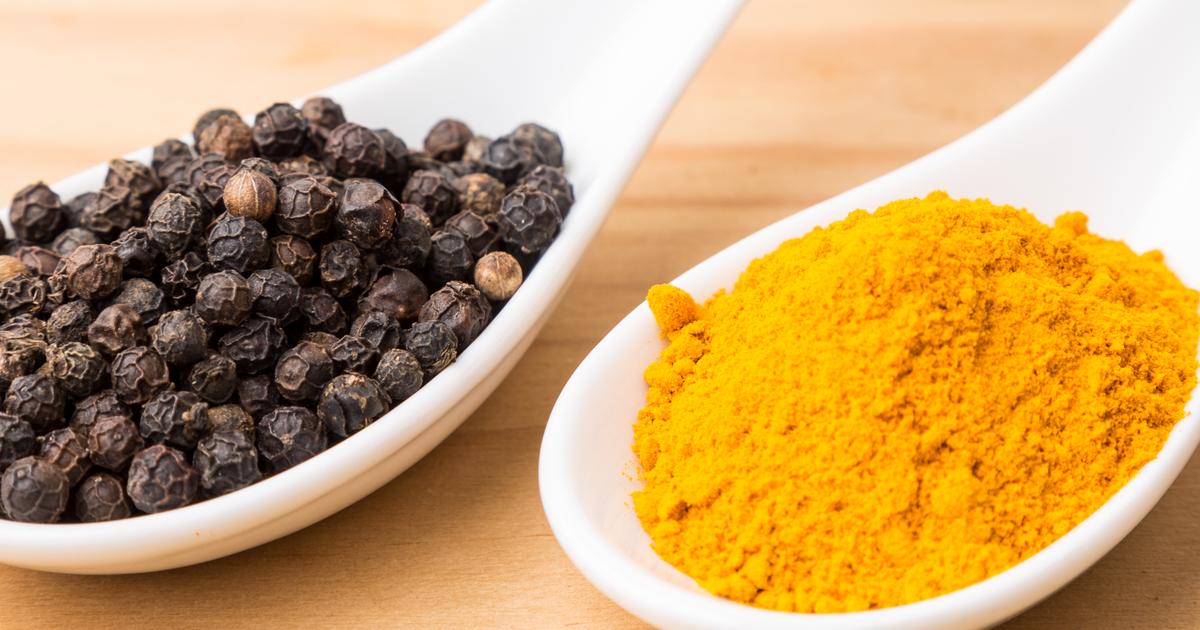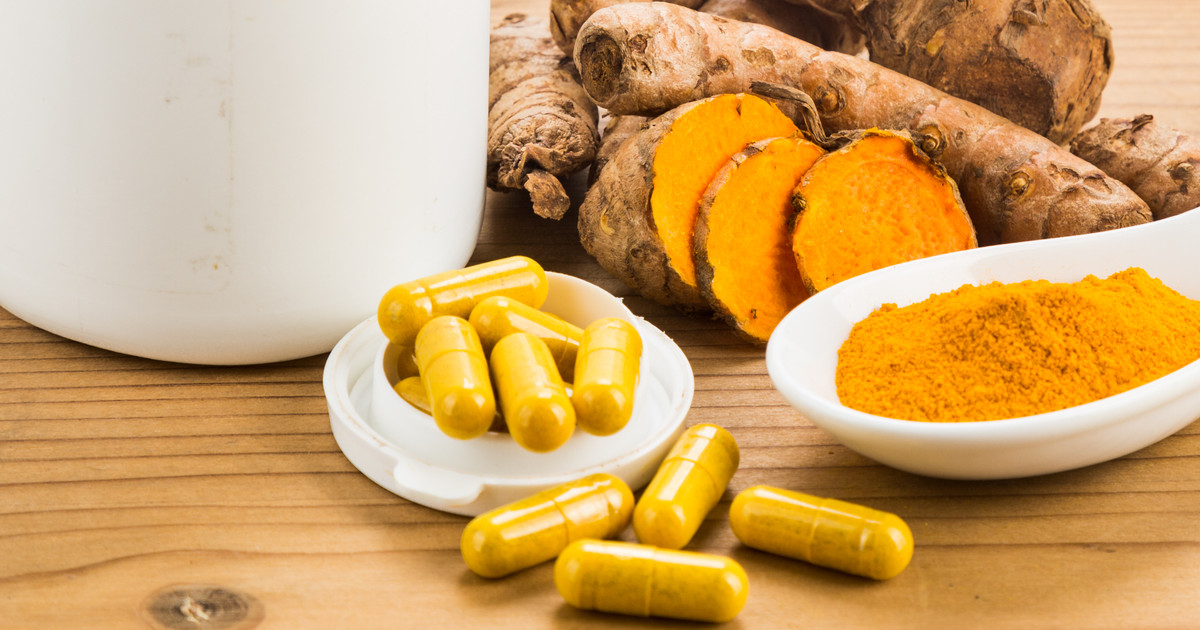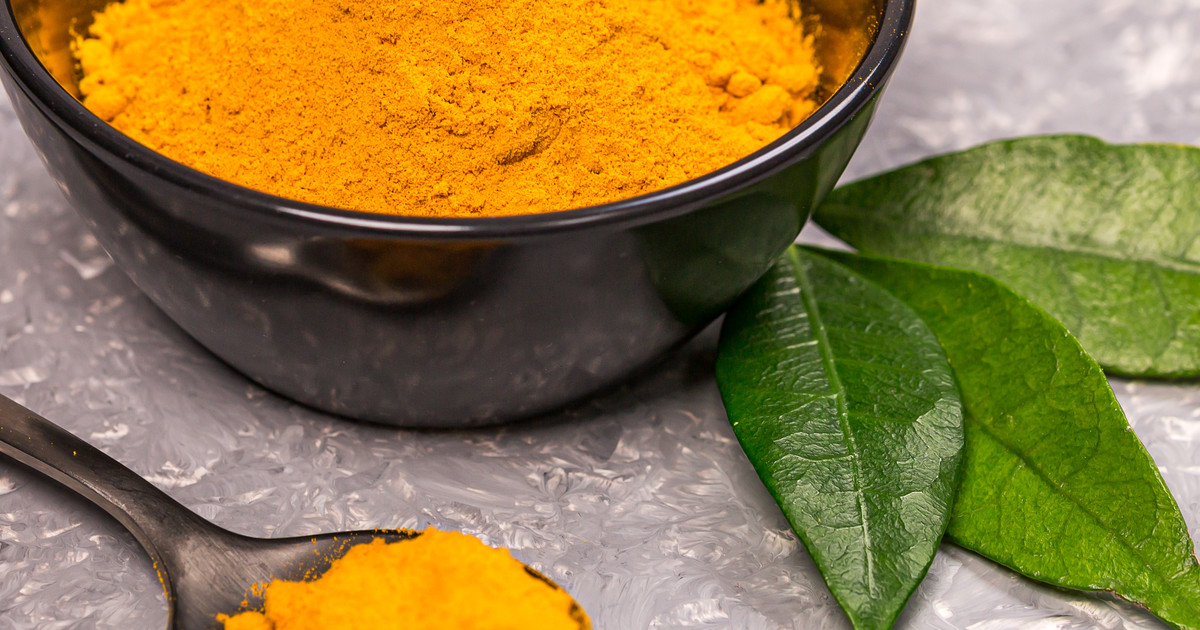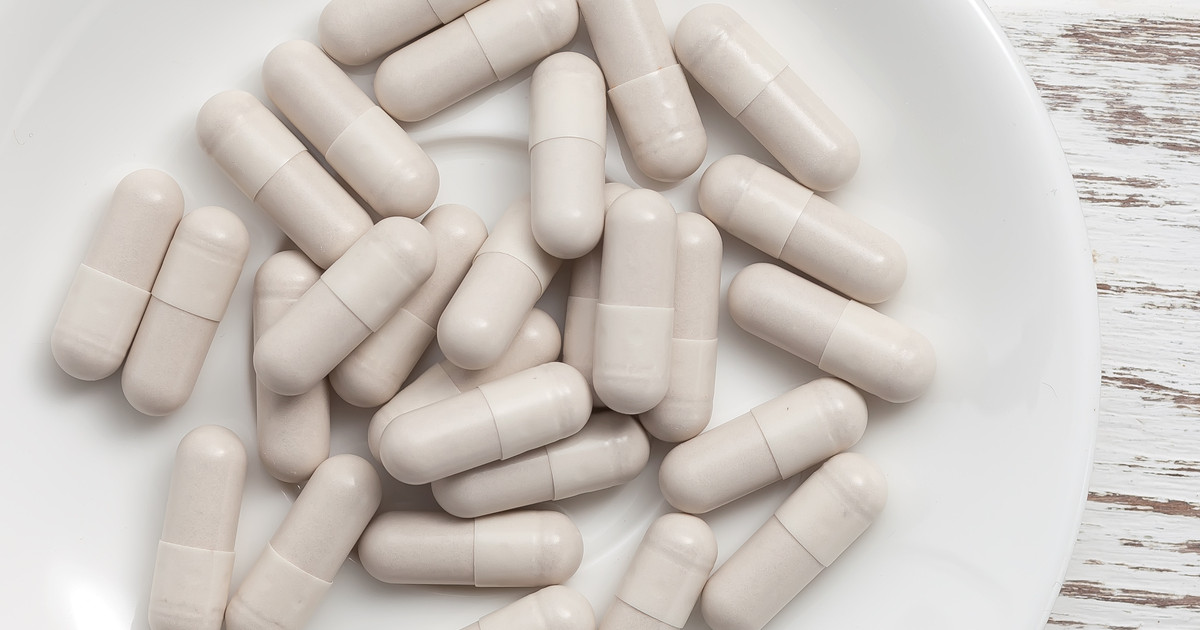Comprehensive Guide To Turmeric
Turmeric is a flowering plant that belongs to the ginger family. It is native to Southeast Asia and India and has been used for centuries in Ayurvedic medicine. With an earthy aroma and a deep orange-yellow color, turmeric powder is a staple of Indian cuisine. It is also used as a fabric dye for the saris and robes of Buddhist monks. Turmeric powder is often combined with annatto to give extra color to cheese, mustard, chicken broth, and salad dressing. Some individuals will use it in place of saffron in dishes, since it is less expensive.
Turmeric treats many conditions and serves quite a few health benefits. Many individuals embrace this through a turmeric supplement. In some cases, individuals may see these listed as turmeric capsules or curcumin tablets. Patients may use turmeric for acne and arthritis, among many other health conditions. Of course, individuals must understand how turmeric works to determine how they can best benefit from using it.
How It Works

Curcumin is the main active ingredient in turmeric powder and supplements. It makes up an estimated three percent of the powder and supplement content when measured by weight. Curcumin is a potent antioxidant with significant anti-inflammatory properties. Some studies have suggested that it may be as effective as diclofenac, acetylsalicylic acid, and ibuprofen in terms of reducing inflammation from rheumatoid arthritis and other conditions. Most turmeric capsules sold as health supplements contain at least one gram of curcumin. This dose is recommended for maximum anti-inflammatory benefits.
Curcumin cannot be absorbed very well by the bloodstream. Thus, most turmeric supplements with curcumin also contain piperine, a compound in black pepper that enhances the body's curcumin absorption by as much as two thousand percent. Curcumin combats inflammation by blocking the NF-kB molecule. This molecule travels to cells throughout the body and turns on genes associated with inflammation. Currently, NF-kB is believed to play a major role in the development of chronic diseases. Since curcumin is fat-soluble, experts recommend taking turmeric supplements with healthy fats to increase absorption.
Common Uses

Turmeric supplements are frequently used to improve the symptoms of several types of arthritis. This includes osteoarthritis and rheumatoid arthritis. In a small 2012 study of forty-five patients with rheumatoid arthritis, researchers found that taking five hundred milligrams of curcumin daily was more effective in reducing tenderness and joint swelling than a daily fifty milligrams of diclofenac sodium. Turmeric supplements with curcumin are also routinely used to relieve itching from chronic kidney disease. They have shown promise in reducing blood cholesterol levels as well. Many patients often use turmeric supplements to prevent and treat heart disease.
Studies have shown turmeric improves the functioning of the endothelium (the lining of the blood vessels). Endothelium issues can cause problems with the regulation of blood pressure and blood clotting. They are a major contributor to the development of cardiovascular disease. One study found the active ingredient in turmeric was as effective as physical activity in enhancing endothelial health. Other research concluded the ingredient was able to protect the endothelium just as well as atorvastatin, a prescription medication.
Uncommon Uses

Some individuals use turmeric supplements in the treatment of depression and dementia. Like prescription antidepressants, studies indicate that curcumin can increase levels of serotonin and dopamine in the brain. A six-week study of sixty individuals with depression found curcumin was comparable to fluoxetine in reducing depression symptoms.
Depression patients typically have low levels of brain-derived neurotrophic factor. Scientists believe that this may contribute to a reduction in the size of the hippocampus in these patients. Curcumin improves levels of brain-derived neurotrophic factor. Experts believe that this could reverse some of the impacts depression has on the brain. Curcumin can cross the blood-brain barrier. Research indicates it can help clear the amyloid plaques in the brain that are heavily involved in Alzheimer's disease.
Health Benefits

Turmeric supplements are believed to have other health benefits as well, many of which are currently being evaluated. For example, some patients use the supplements to treat stomach ulcers. Anecdotal evidence suggests individuals with inflammatory bowel disease or prediabetes may also benefit from supplementation with turmeric. In the past, turmeric has been used in alternative medicine as a treatment for tuberculosis. Studies suggest it could also be effective in the prevention and treatment of cancer.
Laboratory tests and animal studies have shown curcumin reduces the growth of cancerous cells. Research indicates the supplement also reduces both the growth of new blood vessels within tumors and the spreading of cancer to other parts of the body. In a four-week study of forty-four males with precancerous growths in the colon, taking four grams of curcumin each day reduced the number of these lesions by forty percent. Scientists believe that curcumin may be particularly beneficial in treating cancers of the digestive system. Studies are now underway to investigate this more closely.
Potential Risks

While it has numerous health benefits, turmeric may not be safe for all patients. Individuals who have iron deficiency, diabetes, gallbladder issues, blood clotting problems, or endometriosis should check with a doctor before taking turmeric supplements. Turmeric supplements are not considered safe during pregnancy. This is because they could cause uterine bleeding or contractions. However, the use of turmeric powder as a culinary spice is considered safe for pregnant women.
The potential side effects of taking these supplements long-term include nausea, dizziness, upset stomach, and diarrhea. Patients should immediately discontinue turmeric supplements and let a doctor know right away for certain side effects. These side effects are unusual bruising or bleeding, high blood glucose, or bleeding that does not stop. The risk of side effects could increase if individuals take turmeric supplements for longer than eight months.
Dosage Recommendations

The recommended dose of turmeric can vary depending on the reason an individual is taking it. In other words, patients may see results from taking less turmeric for certain health benefits. However, it appears that up to 2,500 milligrams of turmeric can be considered safe. This is because research says that the average Indian diet contains between two thousand and 2,500 milligrams of turmeric each day. This is equal to sixty to one hundred milligrams of curcumin.
Arthritis patients have seen success from taking one thousand milligrams of turmeric daily. Osteoarthritis patients often take five hundred milligrams of curcumin twice daily for health benefits. Depression patients experienced symptom relief from taking one thousand milligrams daily for six weeks. Their relief was similar to patients who took antidepressants. Ultimately, patients should discuss their dosage of turmeric with their doctor.
Advice For Taking It

Individuals who want to use turmeric in their diet should follow the directions, including how much to use, given in the recipes they choose. Most individuals and experts agree that using authentic Indian turmeric in cooking provides the best results. Of course, individuals should also take the time to find a high-quality turmeric supplement. The supplement needs to contain curcumin, as this is the active ingredient that will provide individuals with significant benefits.
In addition to picking a high-quality supplement, individuals need to start at a low dose. It is possible to take high doses of turmeric for short periods. However, some individuals may experience side effects if they do this too fast. Individuals may want to consider taking their supplements with water or breakfast as well.
Alternatives Or Substitutes

The best substitute for turmeric in cooking depends on the recipe. In some recipes, curry powder is acceptable. In other cases, individuals may be able to use a combination of ginger and cumin instead. Saffron also works, though it is more expensive than turmeric. Of course, many individuals take turmeric supplements to obtain health benefits. One of the biggest benefits is reducing inflammation. There are a few good alternative supplements for reducing inflammation. Two examples are zinc and green tea supplements. Reports indicate that omega-3 fatty acid supplements can reduce many forms of inflammation. This includes vascular inflammation, which many experts say is a significant risk factor for heart disease. Other anti-inflammatory substitutes include capsaicin and cat's claw.
Medication Interactions

Individuals who want to take turmeric supplements must first consider their current medications. Specifically, there is an interaction with anticoagulant medication. Examples of anticoagulants that turmeric supplements interact with include ibuprofen, acetylsalicylic acid, warfarin, and naproxen. Patients who combine anticoagulants with turmeric supplements will be at a higher risk of bruising and bleeding.
When individuals are on an anticoagulant, they must discuss their desire to take turmeric supplements with their doctor first. In many cases, if they can take both, they will have adjusted doses. However, many patients will need an alternative to their medication or turmeric supplement.
Turmeric And Allergies

Turmeric may be quite helpful for individuals with allergies. The active ingredient, curcumin, can reduce inflammation from many conditions. This includes inflammation and swelling linked to allergic rhinitis. However, there has not been sufficient research on how or if turmeric has a significant effect on seasonal allergies in humans. Some studies done on animals have indicated a favorable response and reduced their allergic response. In addition, some experts believe that turmeric supplements and the spice itself may act as a natural antihistamine. Of course, some individuals may be sensitive to turmeric. This is why individuals should introduce it slowly to lower the severity of potential side effects. If individuals do experience a reaction, they should stop using turmeric and talk to their doctor.